Foreign Minister Constantinos Kombos on Thursday hailed Cyprus’ “excellent” relationship with France, saying, “whenever there is a crisis, whenever there is an opportunity, our two countries stand together”.
“Our two countries stand together precisely because of their common interests and strong foundations,” he said upon the visit of his French counterpart Jean-Noel Barrot to the island.
As such, he said, the two countries will now “accelerate and intensify” talks being held with the aim of “creating a stronger and more lasting institutional framework which will guide bilateral relations” between them.
“We intend to advance our relations to the next level with the signing of an enhanced strategic partnership during the visit of [French President Emmanuel Macron] to Cyprus. Today, we had the opportunity to discuss in detail these documents, which will constitute a milestone in our relations,” he said.
He added that relations between Cyprus and France have been “strengthened and developed more rapidly in recent years”, pointing out the expansion of the Franco-Cypriot school in Nicosia and Cyprus’ joining of the International Organisation of La Francophonie last year.
In addition, he said, the two countries are “strong partners in the field of defence and security”, and that French energy giant Total has a “strong presence” in Cyprus, forming part of the consortium which holds the rights to natural gas found under the seabed in Block 6 of Cyprus’ maritime Exclusive Economic Zone (EEZ).
He then turned his attention to international developments, saying Cyprus has been “greatly affected” by recent developments in the Middle East, and that “France is the European Union member state with the greatest, perhaps the most substantial, commitment to this part of the world”.
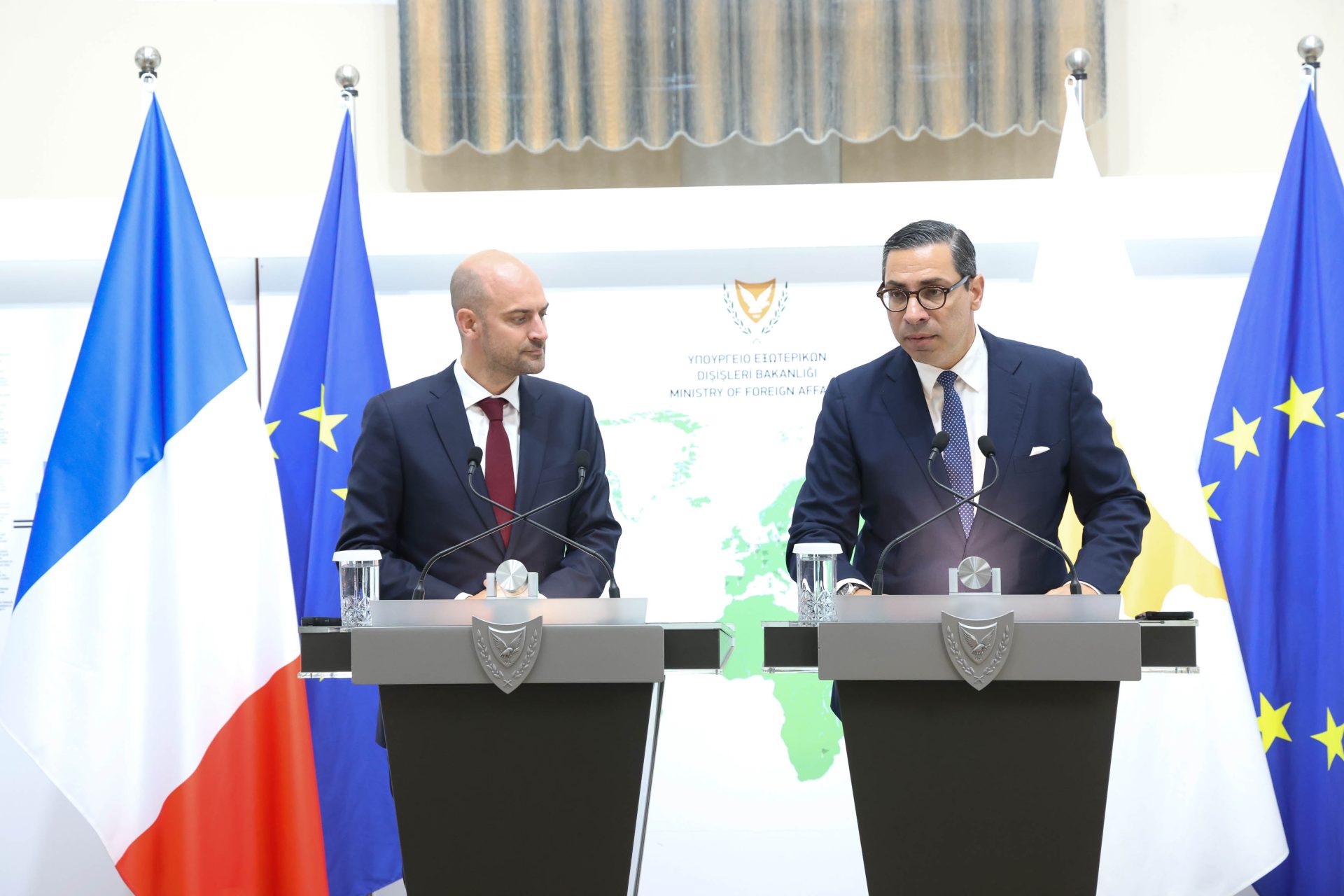
On this matter, he also pointed out that during the conflict between Iran and Israel, a total of 388 French nationals were repatriated to France from the Middle East through Cyprus’ ‘Estia plan’, wherein the island acts as a hub for EU and third country nationals leaving conflict zones.
He then turned his attention to the issue of the war in Gaza, and said that “we cannot overstate the urgent need for a lasting ceasefire” and that “we cannot overstate the need for the immediate release of the hostages”.
“Cyprus has been and remains a firm supporter of the two-state solution, and we have recognised the State of Palestine since 1988. The Palestinian State, with the West Bank and Gaza as integral parts, living peacefully and securely alongside Israel, is a vision pursued through the New York conference,” he said.
In this, he was referring to a conference which was held at the United Nations’ headquarters in New York last week, with the UN’s member states coming together to discuss the prospects of a two-state solution in Palestine and Israel.
He then described the situation in Gaza as both “unacceptable” and “unbearable”, and said the international community “must persist and exert pressure to provide humanitarian aid on a large scale at the required level, to have immediate, tangible, and visible results”.
“Time is running out, and I do not think we have any other choice but to ensure that this becomes a priority, not only at the European level, but also at the international level,” he said.
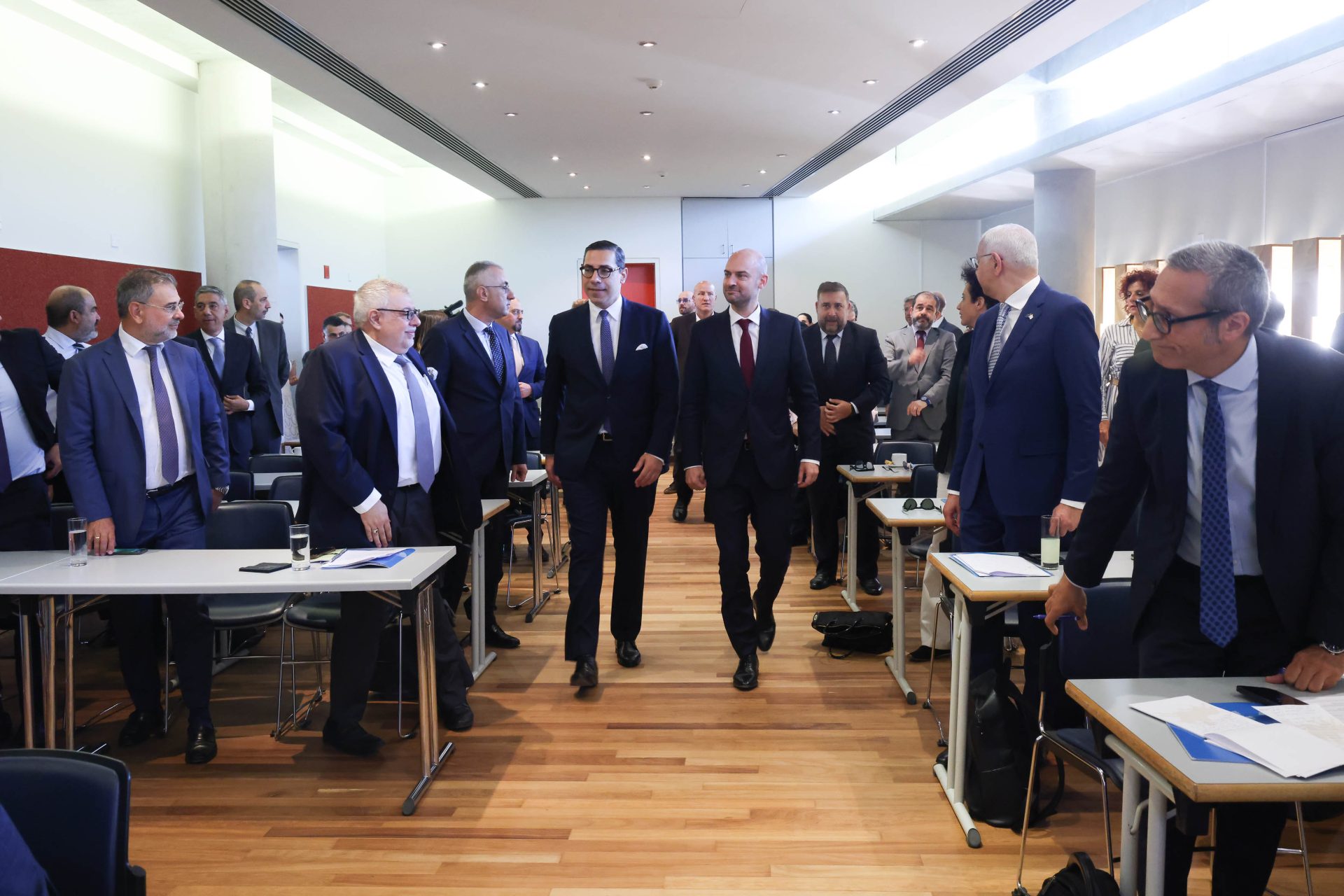
Barrot began his remarks by thanking Cyprus for its efforts in helping to remove French nationals from the Middle East during the conflict earlier in the summer, and also promised that Macron’s forthcoming visit to the island will further deepen ties between the two countries.
The visit and the agreements set to be signed during it, he said, will “consolidate our relations in the field of security and defence, while expanding the scope of our cooperation into new areas, such as innovation, the space sector, and the ecological and digital transition”.
“France is a loyal friend of Cyprus. It has always stood by its side, committed to defending its sovereignty, and will continue to do so,” he said, adding that “together, we share an ambition for the EU to make its voice heard in the world, to strengthen its strategic autonomy, and to defend its interests”.
He then also spoke about the situation in the Middle East, with Macron having earlier this month announced his intention to recognise the State of Palestine during the UN’s “high-level week” in September and offered harsh criticism for the Israeli government.
“The initial measures taken by the Israeli authorities are completely inadequate. The operations of the Gaza Humanitarian Foundation, the militarised humanitarian aid distribution system, must be stopped, payments due to the Palestinian authorities must be resumed, and settlement plans must be suspended,” he said.
In particular, he said the “E1” plan, which covers an area of 12 square kilometres in the West Bank, would, if completed, “cut the West Bank in two”.
After both ministers had concluded their remarks, Kombos was asked whether the Cypriot government is aiming to “create all the necessary conditions” to be able to send a ship full of aid from the island to Gaza.
“All of this has been pursued, and, as we had the opportunity to discuss this earlier, this will of course depend on the situation on the ground. The situation on the ground at the moment needs to be verified in terms of security, crossing points, the distribution network, and the real cost of the aid being provided,” he said.
He later said that at present, there are around 1,200 tonnes of humanitarian aid in Cyprus due to be sent to Gaza at some point, and that “this number is increasing because contributions are arriving”.
As such, he said, the next shipment of aid from Cyprus to Gaza will be a “significant, substantial contribution”.
He added that Cyprus “has a model” and a “system which includes a sea route”, but that even the amount of humanitarian aid currently in Cyprus and that which is being provided by other countries is not enough”.
With this in mind, he said that “if anyone wants to talk about the possibility of sea transport, the address is here, in Cyprus”.
Barrot, meanwhile, said France will organise four flights carrying 10 tonnes of humanitarian aid each to drop into Gaza, starting on Friday, and that he is exploring “all possible options” to send more aid to Gaza.
He said these options may include “sea, air, land, as soon as they are accessible, through all possible points of entry … depending on the circumstances”.

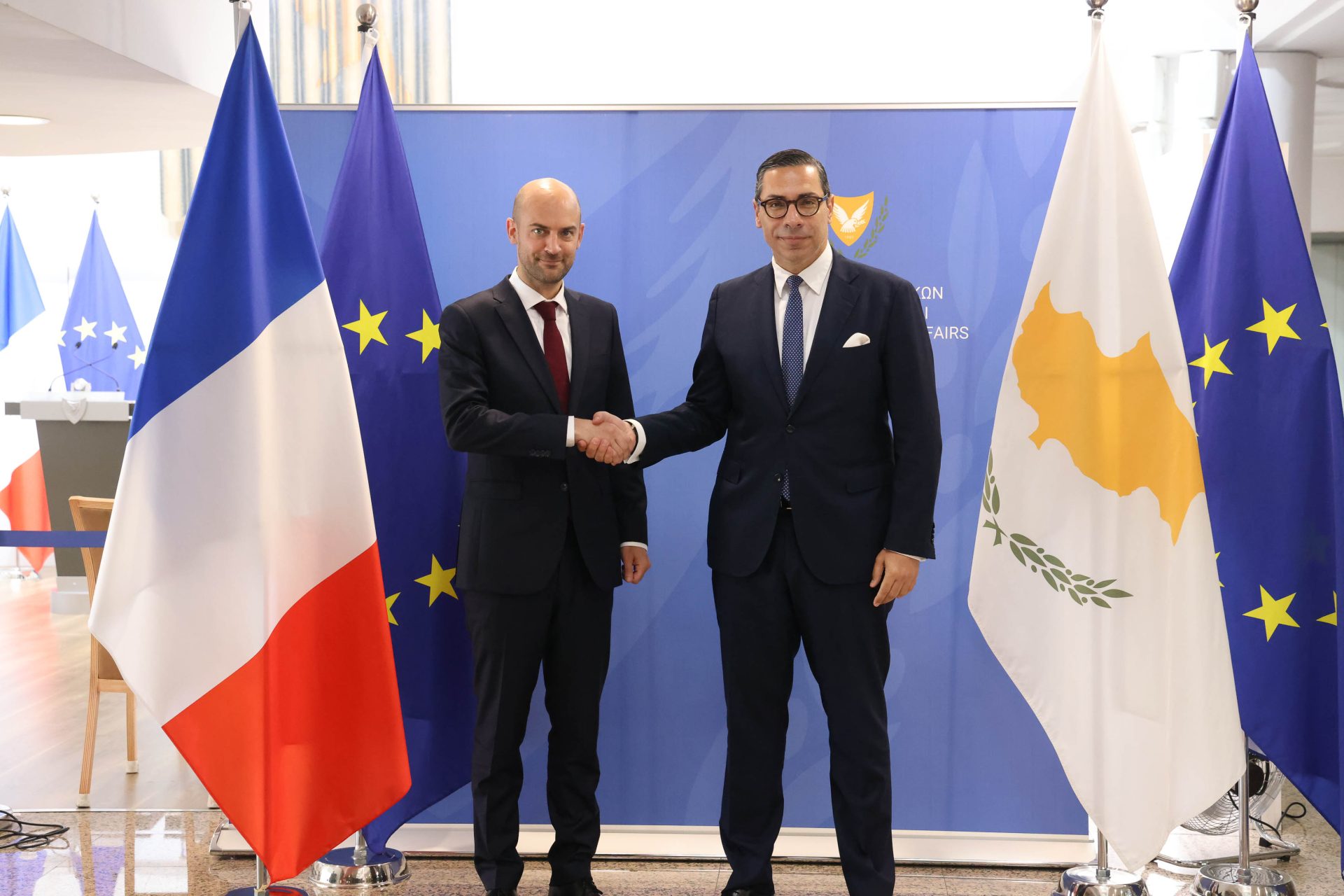

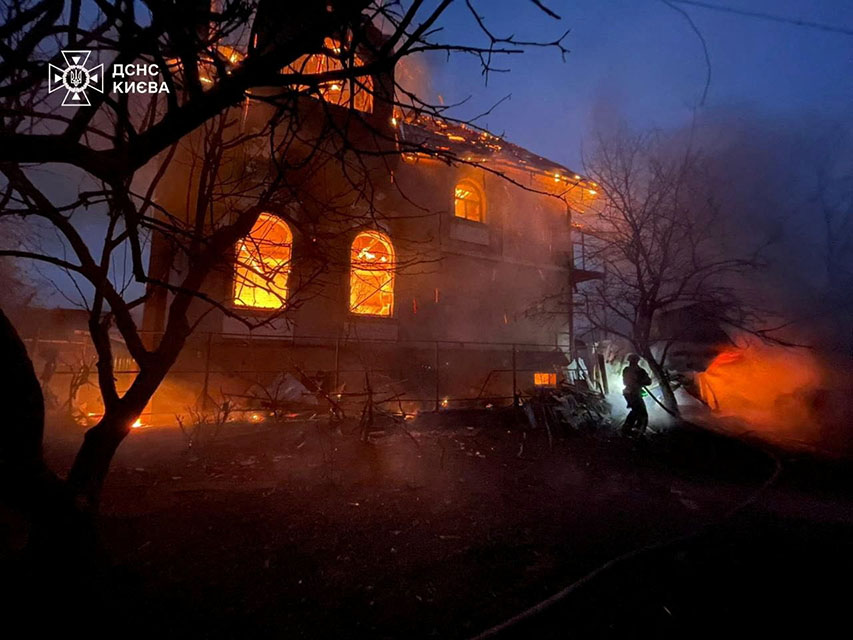
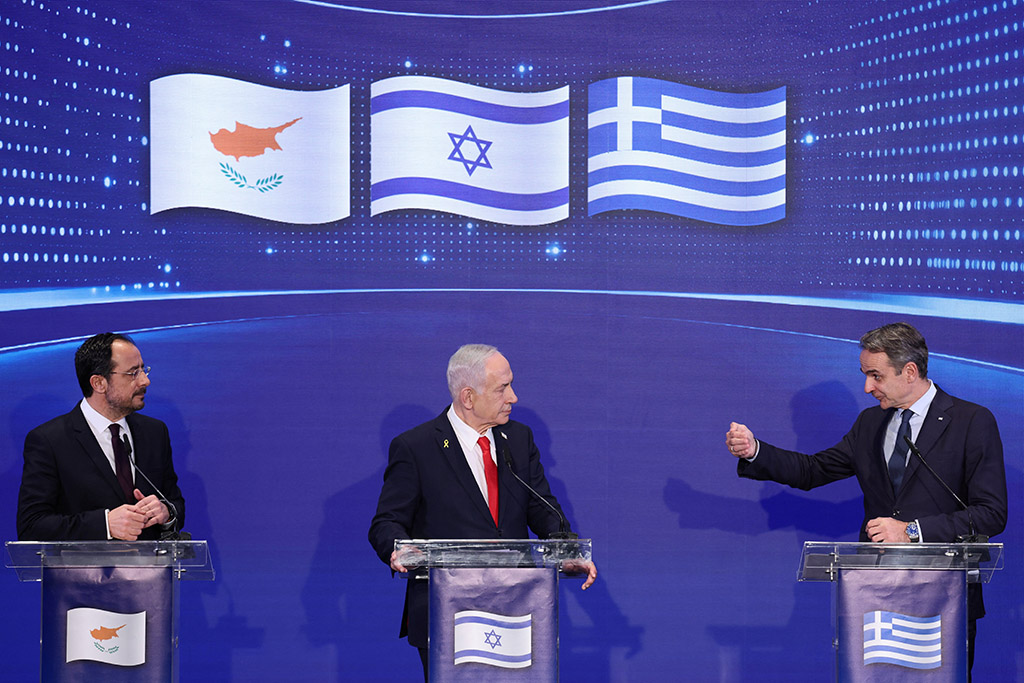


Click here to change your cookie preferences